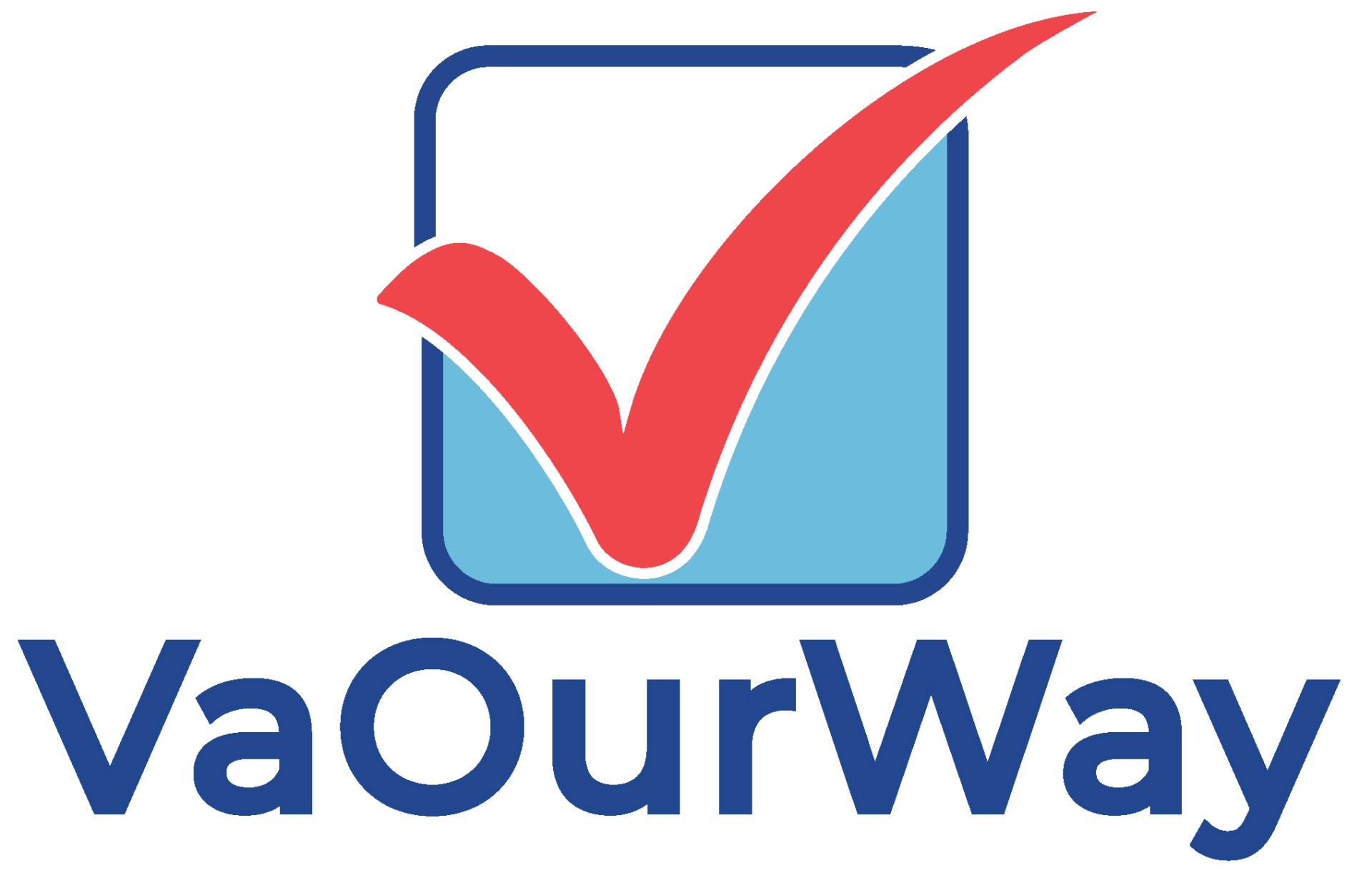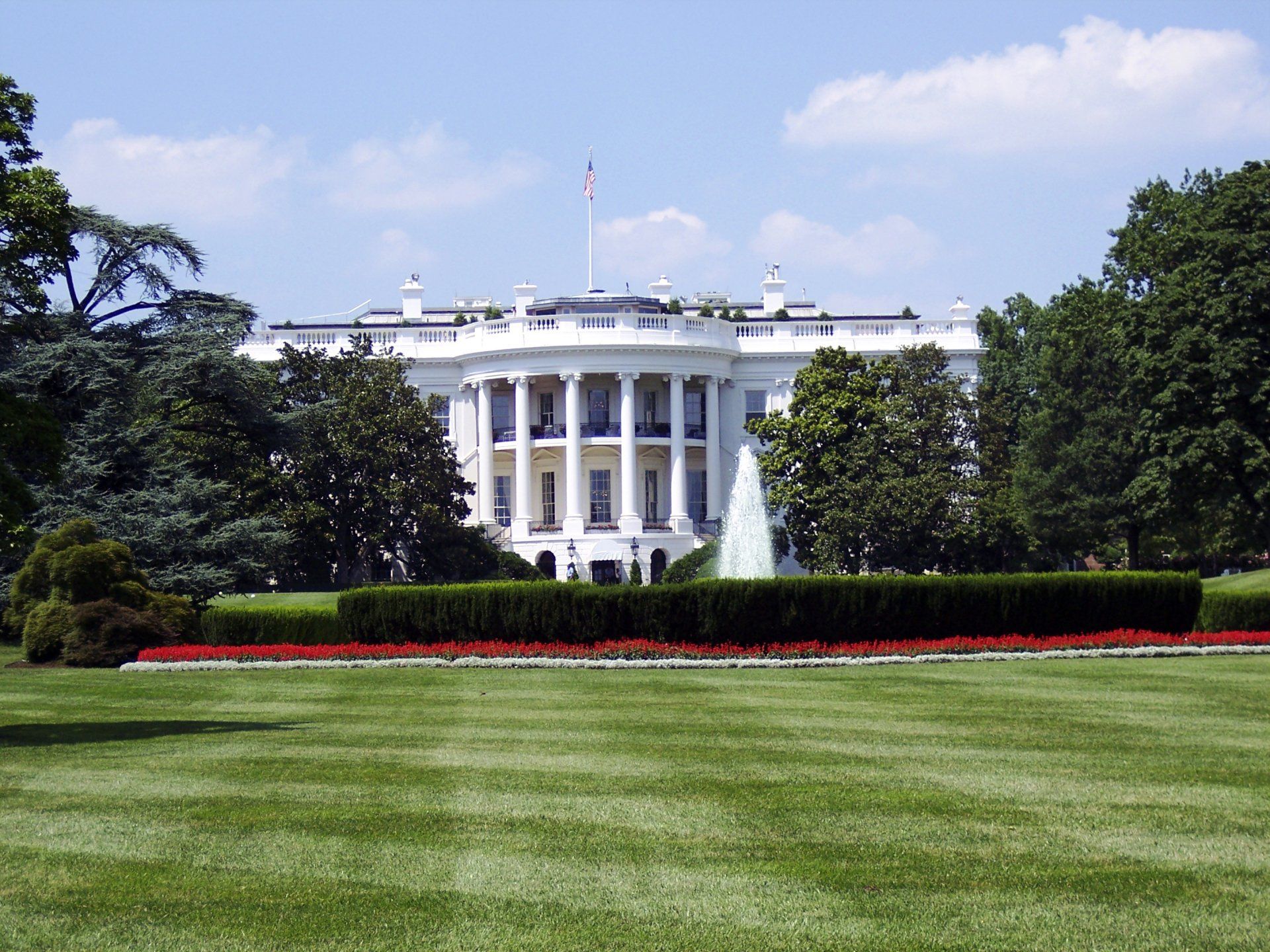Virginia Campaign Finance Disclosure Law Provides Little Accountability
This is the fifth and final installment of a series on the state of campaign finance law in Virginia. So far in the series, we’ve covered the personal use of campaign funds, which is legal in Virginia, the lack of limits on campaign contributions, and the lack of limits on corporate contributions. We’ve also explored the impact publicly funded elections have on campaign finance. This week, we’re rounding out the series with a consideration of Virginia’s campaign finance disclosure laws, which are often cited as a mechanism for holding candidates accountable. Thanks for staying informed on how Virginia can improve campaign finance law to build a more accountable state government.
Just about anything goes under Virginia campaign finance law. Candidates for state office are allowed to accept unlimited funds from anyone, including corporate interests. Consequently, elections in Virginia have become tremendously expensive; the 2017 gubernatorial election saw 66% of candidate’s money come from contributions larger than $25,000. Furthermore, Virginia doesn’t prohibit the personal use of campaign funds. That means that — unlike in at least 47 other states and at the federal level— candidates for state office in Virginia face no accountability for using campaign funds for activities unrelated to their campaign.
Proponents of this status quo say there’s little room for reform. Their argument is centered around the fact that Virginia requires candidates to disclose their contributions and expenditures. Opponents of campaign finance reform say election spending is transparent in Virginia thanks to resources like the Virginia Public Access Project, a non-profit that provides campaign finance disclosures to the public, and that placing limits on contributions would only encourage the flow of dark money. If candidates are required to make public who is funding them and where that money is being spent, the logic goes, Virginians will be able to make informed decisions about who they are electing and the interests they represent.
A closer look at the way campaign finance disclosure works in Virginia, however, reveals some discouraging truths.
Virginia law requires candidates disclose the names and some personal information of contributors who spend more than $100 on a campaign per election cycle. Additionally, candidates need to disclose the name and personal information of those they pay with campaign funds. While a “brief description of the purpose of the expenditure” is also required in disclosure forms, there’s no consensus on how specific candidates need to be. The reporting form merely provides a column in which candidates report the “item or service.”
It’s perfectly legal for candidates to be vague when reporting their expenditures. A now infamous exposé on campaign finance in Virginia reported by the Associated Press in 2016 reported that “some lawmakers reimburse themselves thousands of dollars from their campaigns with only scant explanation, like ‘travel reimbursement.’”
Furthermore, campaign finance reports submitted by candidates do not undergo any sort of audit conducted by the Board of Elections or any other regulatory agency in the state. The lack of a mechanism to ensure candidates are being truthful about their finances means that Virginia’s disclosure process does very little to hold candidates accountable.
Legislation has been introduced in the past to remedy this glaring problem with campaign finance disclosures. Del. Kaye Kory sponsored a bill in 2020 that would have required the Board of Elections to conduct audits of the campaign finance reports filed by candidates for governor, lieutenant governor, attorney general, and the General Assembly. Like many other measures intended to reform campaign finance law in Virginia, the bill never advanced out of committee.
While the General Assembly largely balked at campaign finance reform efforts during the most recent session, a resolution creating a joint subcommittee to study comprehensive reform was approved. Noting that Virginia has “relied on disclosure by candidates and political committees to keep the process free from corruption,” the committee will consider the effectiveness of disclosure laws, among other things.
Campaign finance reform has been put on the back burner for too long in Virginia. Studying the issue helps, but nothing will change until legislation is passed. The General Assembly needs to reform campaign finance disclosure law, as well as other laws pertaining to campaign finance, in order to create a state that’s more accountable and responsive to the people.





